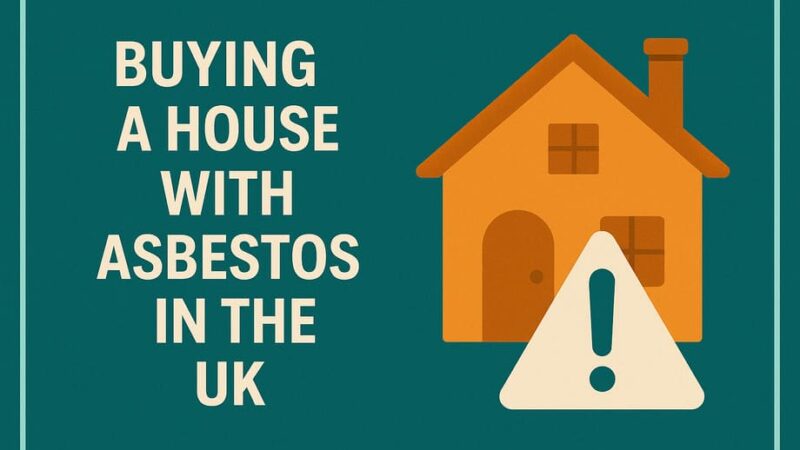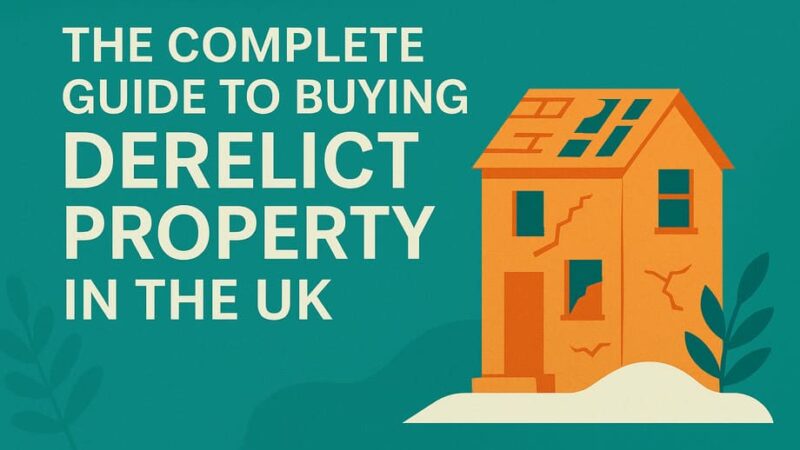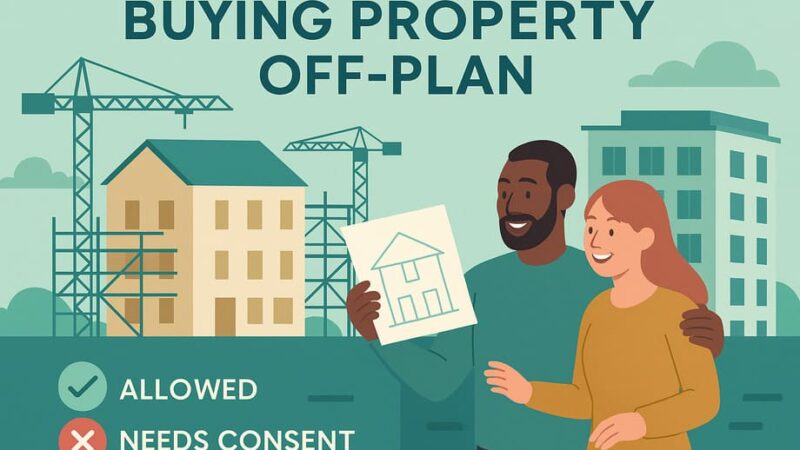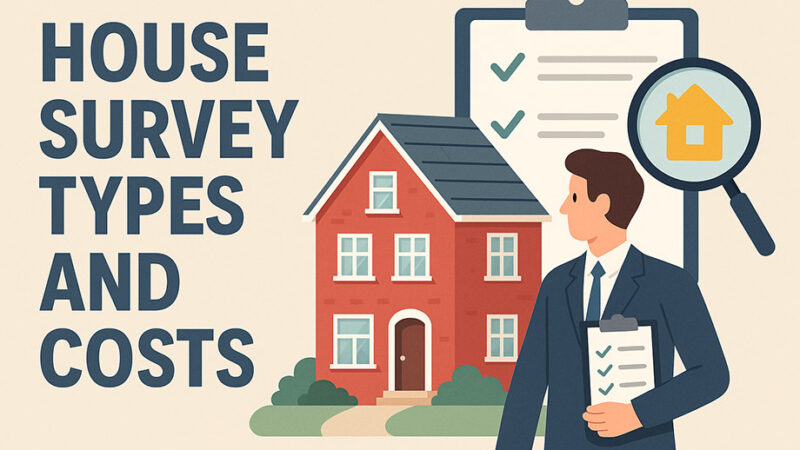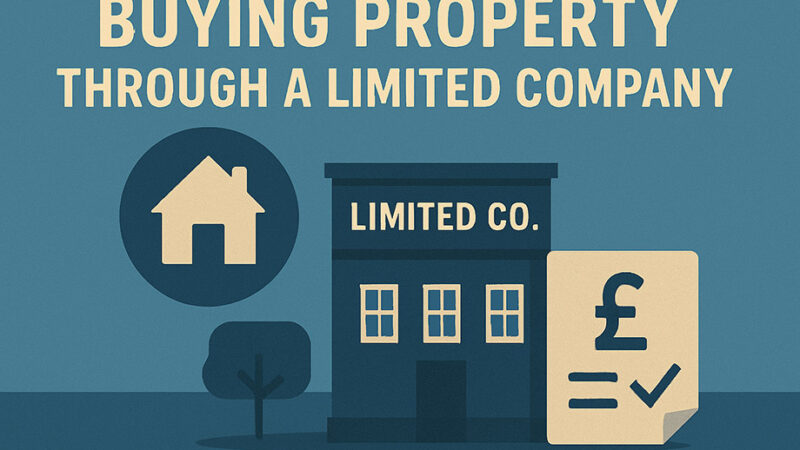Buying Council Land in the UK – A Complete Guide
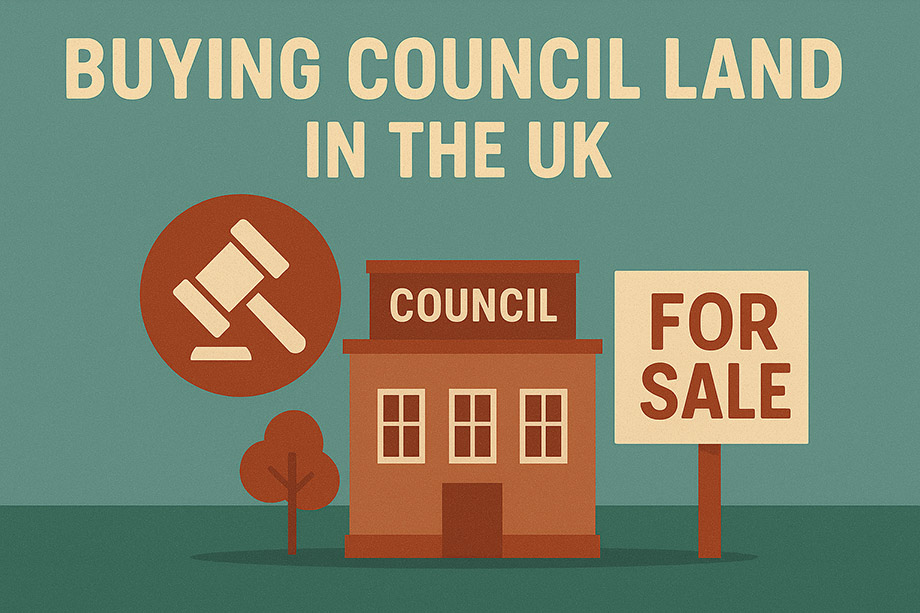
Buying council land can be an excellent opportunity for homeowners looking to extend their property or investors seeking development sites. While the process is different from purchasing private land, it’s definitely possible with the right approach and understanding of council procedures.
This guide explains how to buy council land in the UK, including the application process, costs involved, and what you need to know to improve your chances of success.
What is Council Land and Why Buy It?
Council land refers to property owned by local authorities across the UK. This includes everything from small plots next to residential homes to larger development sites, parks, former school buildings, and surplus land no longer needed for public use.
Benefits of buying council land:
- Often more affordable than privately-owned land
- Located in desirable areas near schools, parks, and amenities
- May be eligible for government programs and incentives
- Can provide opportunities for property extension or development
Council land isn’t typically advertised on the open market like private property. Instead, you need to contact the council directly and follow their specific application process.
Types of Council Land Available
Garden Extensions
The most common purchases involve small plots adjacent to residential properties. Homeowners often buy these areas to extend their gardens or create additional outdoor space.
Surplus Land
Councils occasionally dispose of land that’s no longer required for public purposes, such as former school sites, unused administrative buildings, or redundant green spaces.
Development Sites
Larger plots suitable for residential or commercial development may become available, though these often go through competitive tender processes.
The Application Process
Step 1: Contact the Council
To buy council land, you must apply directly to the local authority. Each council has its own procedures, but most handle land sales through their Estates and Property department.
Contact the council by:
- Checking their website for land disposal policies
- Calling or emailing the Estates and Property department
- Asking about available land and application procedures
- Requesting information about fees and timescales
Step 2: Submit Your Application
Your application must be submitted in writing and should include:
- Clear identification of the land you want to purchase
- Proposed use for the land
- Your contact details and proof of identity
- Evidence of your ability to complete the purchase
- Any development plans or intentions
Step 3: Council Consultation Process
Once received, the council will undertake an internal consultation. This involves:
- Review by council officers and ward members
- Assessment of the land’s importance to the council
- Consideration of community needs and potential objections
- Evaluation of your proposed use
Under the Local Government Act 1972, councils must advertise applications to buy Public Open Space in local newspapers for at least two weeks to gather objections.
Step 4: Valuation and Decision
If the council agrees to sell, they’ll arrange a professional valuation. Councils are legally required to obtain the best value for public assets, which means the price will reflect current market conditions and any development potential.
You’ll then receive a formal offer outlining the price and any conditions or restrictions on the land use.
Costs and Fees
Application Fees
Most councils charge a non-refundable application fee ranging from £175 to £600 plus VAT. This fee applies whether or not the sale proceeds.
Council’s Legal Costs
You’ll be required to pay the council’s costs, typically including:
- Legal fees (usually £350-£1,500 depending on complexity)
- Administrative processing costs
- Professional valuation fees
- Land Registry fees
- Advertising costs if required
Your Own Costs
Budget for your own expenses:
- Solicitor’s fees
- Independent survey costs
- Land Registry registration
- Planning application fees (if development intended)
Total costs (excluding land price) typically range from £1,000-£3,000 for simple purchases, more for complex transactions.
Legal Requirements and Restrictions
Best Value Obligation
Under the Local Government Act 1972, councils must seek the best possible value when selling public assets. This means they may:
- Pursue competitive sales or auctions instead of direct negotiations
- Consider multiple offers even after initially accepting yours
- Refuse offers below market value
No Automatic Right to Purchase
There’s no legal right to buy council land. Councils can refuse applications for various reasons:
- Land required for future public use
- Environmental or conservation concerns
- Community objections
- Planning restrictions
- Strategic importance to the council
Restrictive Covenants
Council land sales typically include restrictions such as:
- Limitations on commercial use
- Building height and density restrictions
- Requirements to maintain certain features
- Prohibitions on subdivision or resale
Timeline and Process Duration
The complete process typically takes 3-6 months:
Initial stages (6-12 weeks):
- Application submission and review
- Internal council consultation
- Decision on whether to proceed
If approved (6-12 weeks):
- Professional valuation
- Formal offer preparation
- Legal documentation
Completion (4-8 weeks):
- Contract negotiations
- Legal completion
- Land Registry registration
Some councils set specific milestones for progressing the purchase, and like private sales, the property remains “subject to contract” until exchange.
Planning and Development Considerations
Planning Permission
Buying council land doesn’t automatically grant planning rights. You’ll still need to:
- Apply for planning permission if required
- Comply with local development policies
- Consider building regulations
- Check for protected designations or constraints
Land Use Restrictions
Consider that purchased land may come with restrictive covenants limiting:
- Types of development permitted
- Commercial use of the property
- Future sale or subdivision
- Maintenance requirements
Tips for a Successful Application
Research First
Before applying:
- Check the council’s published land disposal policy
- Research the planning history of the site
- Understand any existing restrictions or designations
- Look at comparable sales in the area
Present a Strong Application
Your application should:
- Clearly explain your intended use
- Demonstrate your financial capability
- Show how the purchase might benefit the community
- Include realistic timelines and plans
Use Professional Help
Consider engaging:
- A solicitor experienced in council land purchases
- A chartered surveyor for valuation advice
- A planning consultant if development is intended
Be Patient and Realistic
- Expect the process to take several months
- Be prepared to negotiate on terms and conditions
- Have your financing arranged in advance
- Maintain regular contact with council officers
What Happens If Your Application is Refused?
If the council refuses your application, you can:
- Request detailed feedback on the reasons
- Address any concerns and submit a revised application
- Look for alternative council land in the area
- Consider whether an appeal through local government procedures is appropriate
Financing Your Purchase
Traditional Mortgages
You may be able to secure a standard mortgage for council land purchases, though lenders will want to see clear title and development potential.
Specialist Financing
For development projects, consider:
- Land bridging loans for short-term financing
- Development finance for construction projects
- Commercial mortgages for business use
The Bottom Line
Buying council land is possible but requires understanding that:
- There’s no automatic right to purchase council land
- Each council has different procedures and policies
- The process takes time – typically 3-6 months minimum
- Costs can be significant – budget £1,000-£3,000+ in fees alone
- Professional advice is essential for complex purchases
- Restrictions usually apply to how you can use the land
Success depends on presenting a well-prepared application, being realistic about timescales and costs, and working with experienced professionals who understand council procedures.
While the process is more complex than buying private land, thousands of council land purchases complete successfully each year. The key is patience, preparation, and understanding what councils are looking for in potential buyers.
Frequently Asked Questions
Do I have a right to buy council land next to my property?
No, there’s no automatic right to buy council land. Each application is considered individually at the council’s discretion.
How much does it cost to apply?
Application fees range from £175-£600 plus VAT, and this is non-refundable. Total costs including legal fees typically range from £1,000-£3,000+.
How long does the process take?
The complete process usually takes 3-6 months from application to completion, though this varies by council and complexity.
Can the council refuse my application?
Yes, councils can refuse for various reasons including future public use requirements, community objections, or if the land has strategic importance.
Will I need planning permission?
Buying the land doesn’t grant planning rights. You’ll need separate planning permission for any development or change of use.
What restrictions might apply?
Council sales typically include restrictive covenants limiting commercial use, building heights, subdivision, or requiring specific maintenance.
Can I negotiate the price?
Limited scope for negotiation as councils must achieve best value. However, you can present evidence if you believe the valuation is incorrect.
Should I use a specialist solicitor?
Yes, council land purchases involve specific procedures that general property solicitors may not be familiar with.
What if the council changes its mind?
Until contracts exchange, either party can withdraw. Councils may consider other offers right up to completion.
Are there alternatives if my application fails?
You can address concerns and reapply, look for other council land, or explore private land options in the area.
Last Updated on September 21, 2025 by James Cartwright


